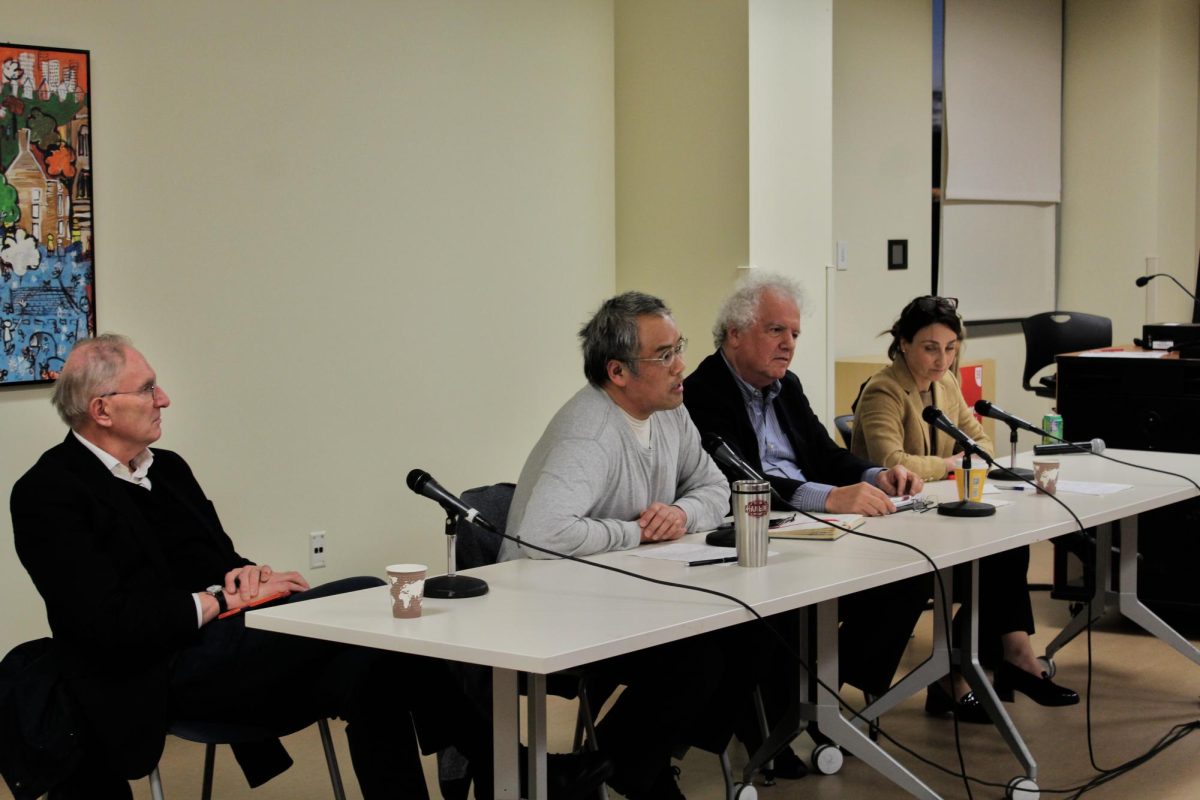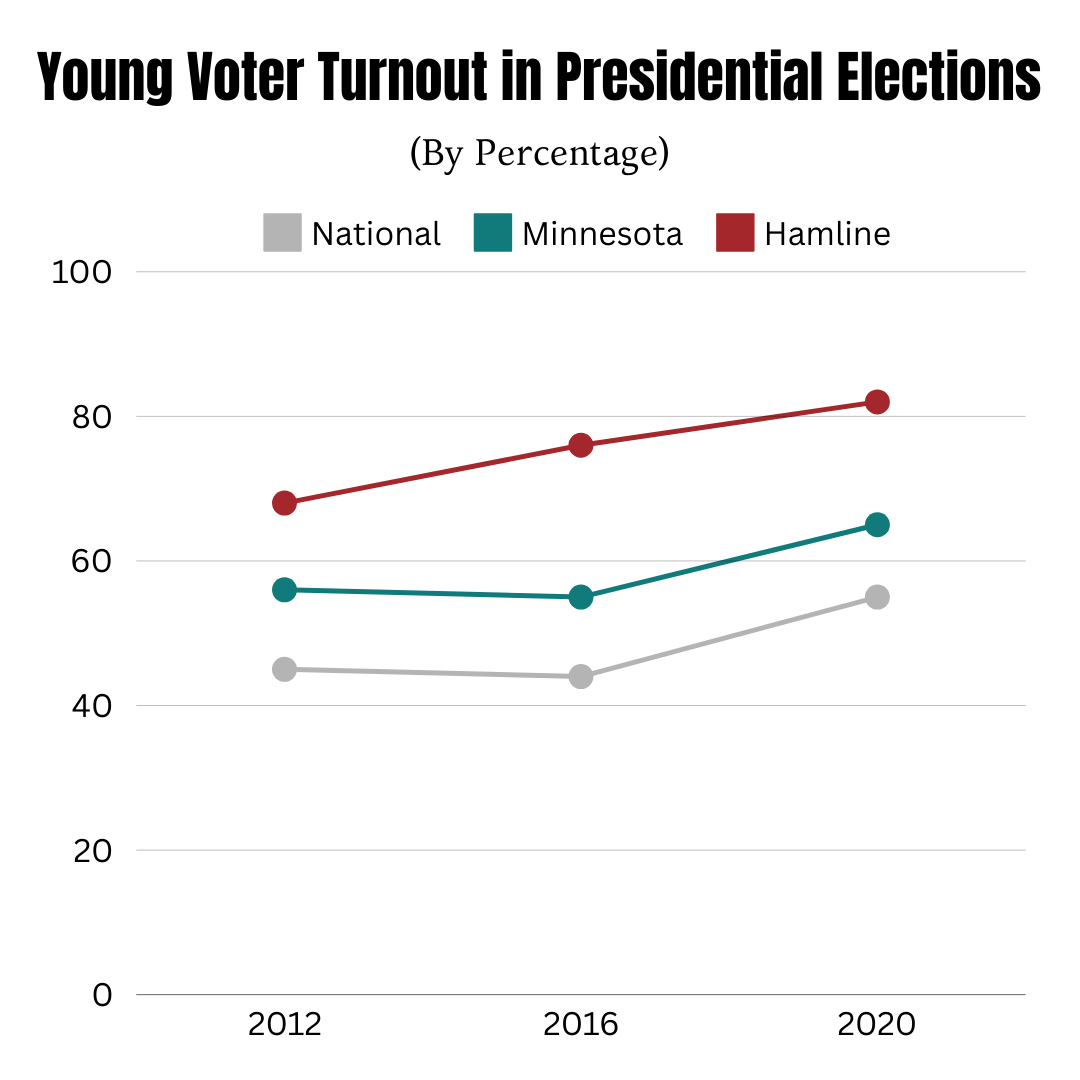“I tell ya, there’s something phony going on. There’s something phony about me, about Raymond Shaw, about the whole Medal of Honor business…I said: ‘Raymond Shaw is the kindest, warmest, bravest, most wonderful human being I’ve ever known in my life,’ and even now I feel that way-this minute. And yet, somewhere in the back of my mind, something tells me it’s not true. It’s just not true. It isn’t as if Raymond’s hard to like. He’s impossible to like. In fact, he’s probably one of the most repulsive human beings I’ve ever known in my whole-all of my life.”
While most of you may not have read or watched “The Manchurian Candidate” before, I can be safe in assuming that you at least recognize the name. As one of the most famous and influential political thrillers of all time, it has managed to make an indelible mark on pop culture, managing to become an adjective like very few other film titles. So let us go back to ‘62 and see how director John Frankenhimer’s masterpiece has impacted America.
The story follows a platoon of American soldiers in the Korean War, but they are soon taken hostage by Communist forces. Later, they return to United Nations forces with only two casualties, and Captain Bennet Marco (played by the legendary singer Frank Sinatra, who previously won the Academy Award for Best Supporting Actor for his performance in the 1953 Best Picture winner “From Here to Eternity”) recommends his heroic Sergeant Raymond Shaw (played by Laurence Harvey) to be awarded the prestigious Medal of Honor. But the soldiers soon find themselves with a strange recurring nightmare: A gardening party from hell.
Indeed, something much more sinister happened during those three days, as the soldiers were taken to the nearby Chinese province of Mǎnchūria and subjected to brainwashing at the hands of their Communist captors. In reality, Shaw is an amoral and cruel individual who was turned by the Soviets into a sleeper agent who feels no remorse for the assassinations he is ordered to commit. Against his own knowledge, he has been manipulated into climbing the ranks of the political apparatus to become a more useful weapon for the Soviets in their domination of America.
In fact, “brainwashing” became a commonly used term only after the release of this film, which shows how influential its legacy has become.
An important bit of historical context for the film is that one of the main characters, Senator John Iselin (played by James Gregory), is meant to be an analog for the infamous former Senator from Wisconsin Joseph McCarthy, whose role in the Red Scare is directly parodied in the film. Iselin’s inability to provide a consistent number of Communists in the federal government becomes a source of mockery, repeatedly stating random numbers ranging from “57” to “207” all while making a fool of himself in the process. His agency and intellect are also put into question, as he is shown to be a willing patsy of his wife, Eleanor Iselin (played by Angela Lansbury in an Oscar nominated performance for Best Supporting Actress), who is also the mother of Raymond Shaw. Their actions scaring America are also hinted at as being sinister in nature, as if it was a secret plot devised by the Soviets in order to tear America apart from within.
The other notable stars are Janet Leigh (star of 1960’s “Psycho” and the mother of Academy Award winning Actress Jamie Lee Curtis) as Rose Chaney, John McGiver (who also appeared in 1961’s “Breakfast at Tiffany’s”) as Senator Thomas Jordan, and Leslie Parrish as Joclyn Jordan, the love interest of Mr. Shaw.
In 2004, a remake of the film was made by Oscar winning director Jonathan Demme (who previously directed the 1991 Best Picture winner “Silence of the Lambs”) which transposed the setting to the 1990s and the aftermath of the Persian Gulf War. The great Denzel Washington stars as Major Marco, Liev Schreiber is Congressman Shaw and his mother is now a Senator portrayed by the legendary Meryl Streep.
One last historical parallel is that on Nov. 22, 1963, just over one year after the film premiered, U.S. President John F. Kennedy was assassinated in Dallas, Texas by Lee Harvey Oswald. This is especially notable because the climax of the film takes place at a political rally and features an assassination by a lone sniper intending to seed chaos into the American electorate. As a result, the film would be forever linked with the tragic events of that day, forcing everyone to take the plot quite a bit more seriously.
For all these reasons, my rating for “The Manchurian Candidate” is a thrilling 9/10.
The Manchurian Candidate (1962): A Cold War Classic
November 13, 2024

Story continues below advertisement













